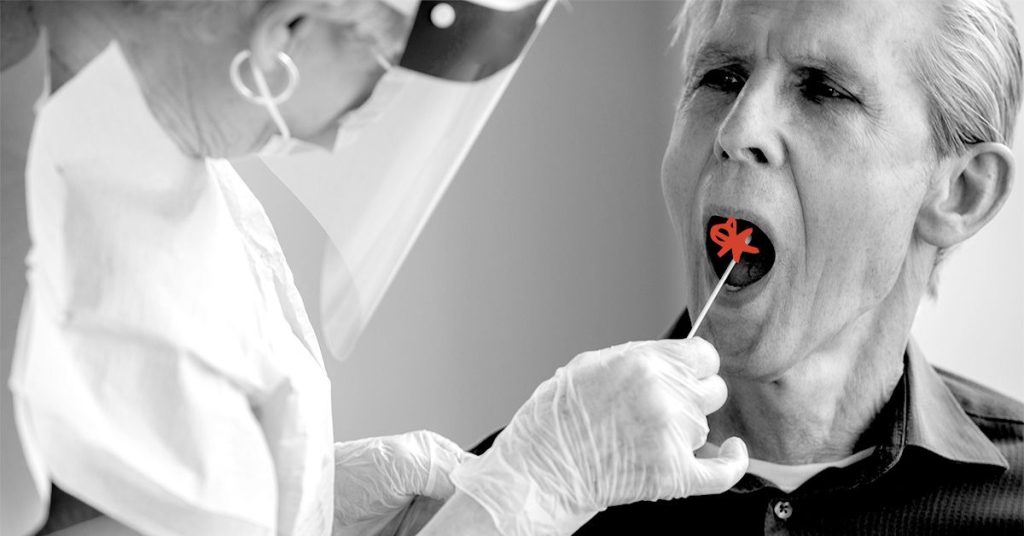Scientists have developed a new tool called CheekAge that can predict mortality by analyzing epigenetic changes in cheek cells, offering a noninvasive method of monitoring biological aging. Environmental factors such as stress, poor sleep, nutrition, smoking, and alcohol can influence biological aging by impacting gene activity without altering the DNA sequence. Epigenetics focuses on how lifestyle and experiences can turn genes “on” or “off,” allowing scientists to measure aging by examining specific genomic sites.
CheekAge was developed by analyzing the methylation levels at around 200,000 sites and linking them to an overall health and lifestyle score to estimate physiological aging. The tool predicts epigenetic age using DNA methylation marks and has been shown to be associated with mortality risk, lifestyle factors, and health factors in previous research. Researchers found that CheekAge can accurately predict mortality risk, even when data from other tissues is used, highlighting its ability to capture important health signals across different tissues.
The study involved analyzing methylation data from 1,513 older adults to assess the association between CheekAge and mortality risk. Results showed that CheekAge was significantly associated with mortality risk, outperforming first-generation epigenetic clocks trained on blood data. For every increase in CheekAge by a single standard deviation, the hazard ratio of all-cause mortality increased by 21%, suggesting that CheekAge is a reliable predictor of mortality across different tissues.
Methylation sites strongly linked to mortality were examined to identify potential genes that could influence lifespan or age-related diseases. Genes such as PDZRN4 and ALPK2, associated with tumor suppression and cancer respectively, were identified as potential markers of aging. Other genes linked to cancer, osteoporosis, inflammation, and metabolic syndrome were also highlighted. Researchers noted that early detection and management of aging could lead to tailored health strategies to delay or prevent age-related diseases, potentially improving the quality of life as individuals age.
CheekAge offers a simple and noninvasive method to assess aging and health concerns, making it a promising tool for preventive healthcare. The ability to predict mortality and monitor biological aging using a cheek swab could lead to more personalized and proactive healthcare practices. Future research could explore additional associations captured by CheekAge, such as the incidence of age-related diseases and the length of a person’s healthspan. While the tool has not yet been validated by the FDA, researchers are hopeful that it will be useful for academic research, clinical trials, and health tracking in the future.














